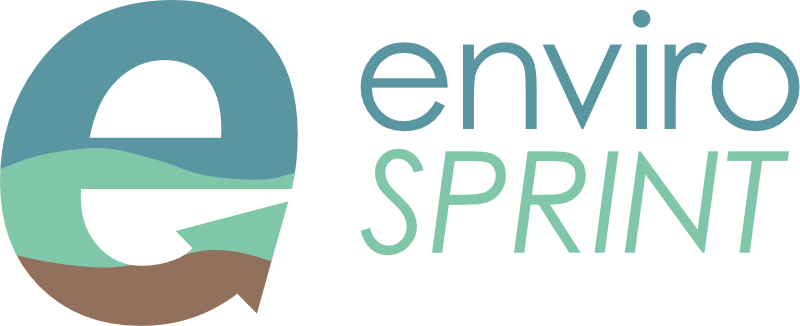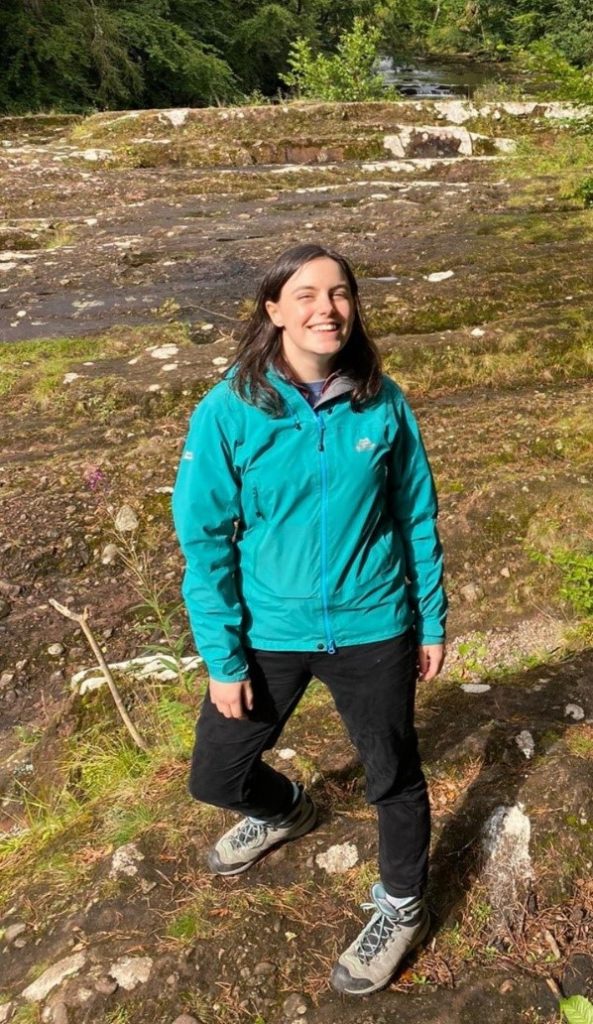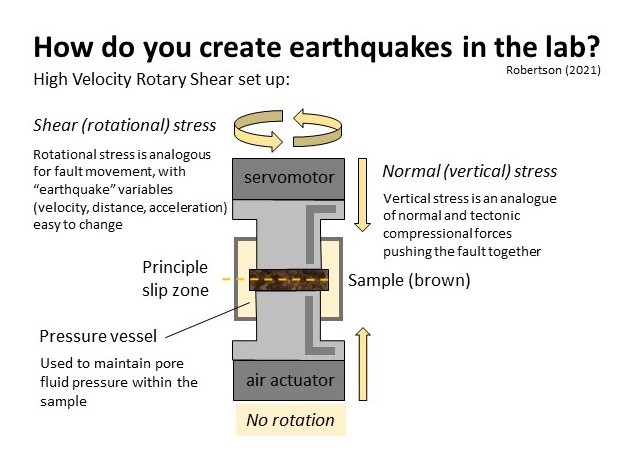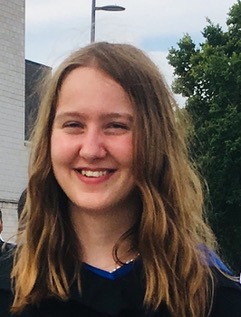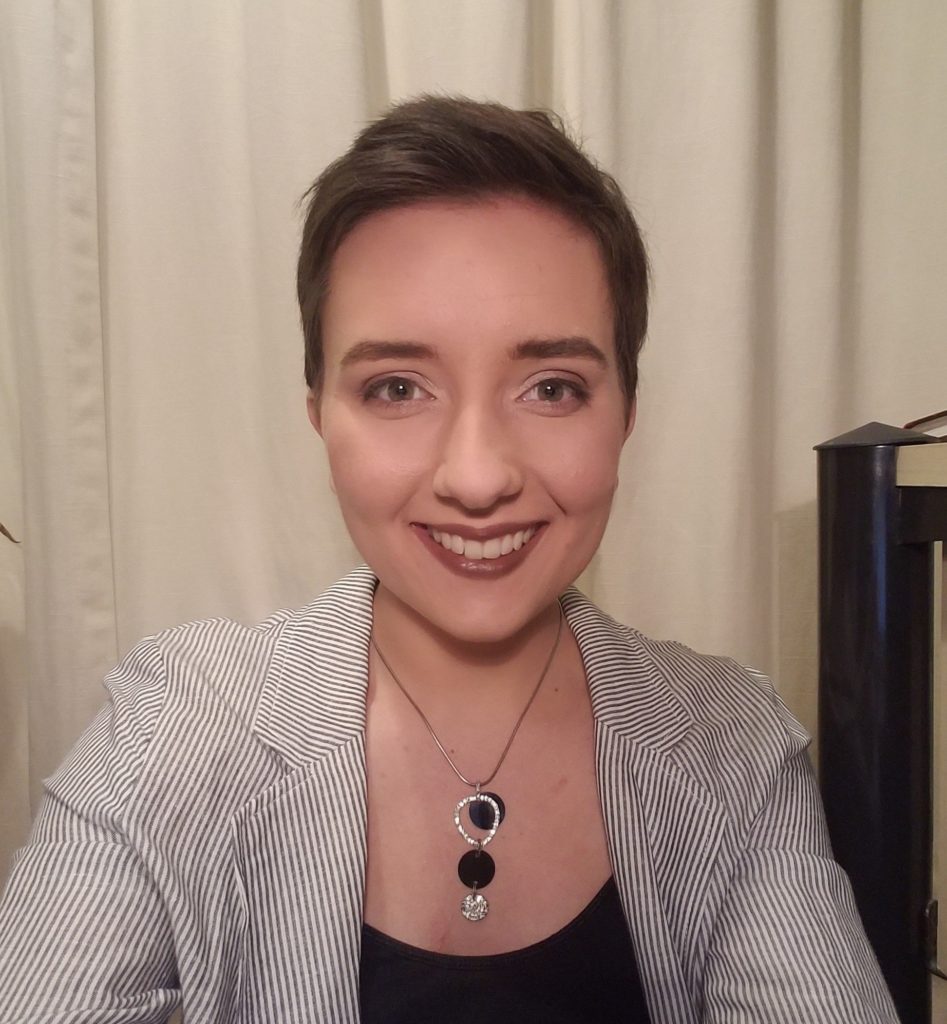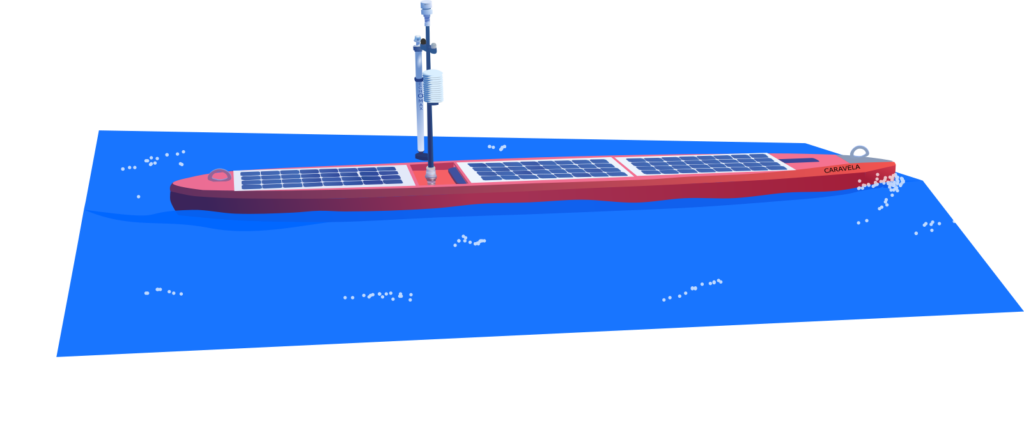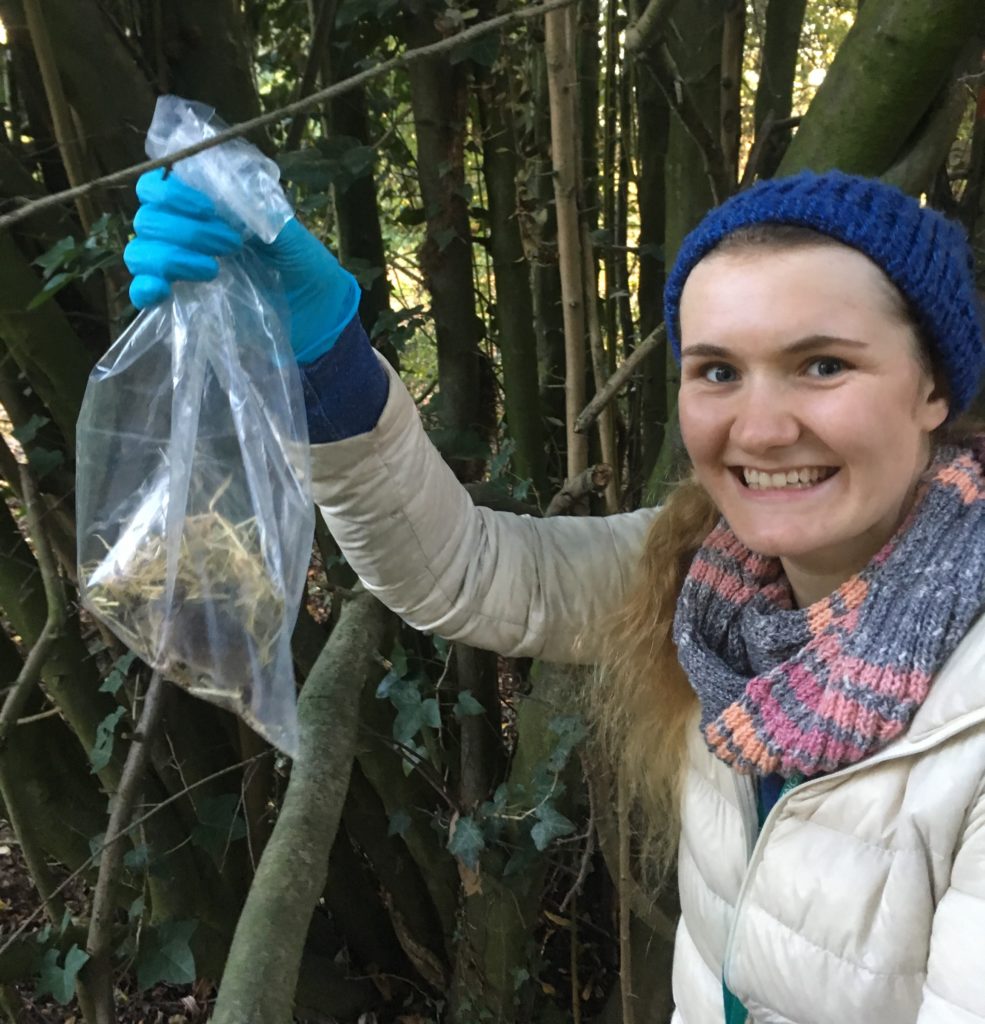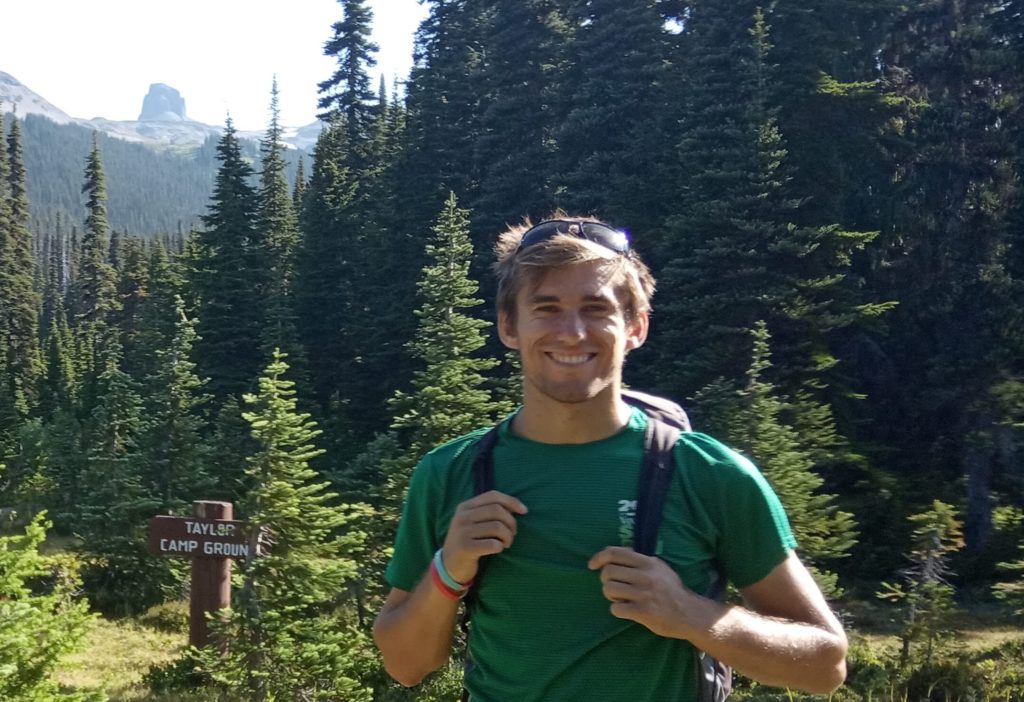
I am a first year PhD student based at UKCEH Lancaster, where I am investigating mineralogical controls on the stability of Soil Carbon. I have a background in environmental geoscience as an undergraduate and masters student, where I assisted in a whole ecosystem approach to investigate the effects of elevated CO2 on an mature deciduous forest, by studying nutrient cycling in the forest soil. I developed a strong interest in biogeochemical cycling and in particular, soil science, in which I find the interconnected and interdisciplinary nature of soils very interesting. This has led me to pursue my current PhD project.
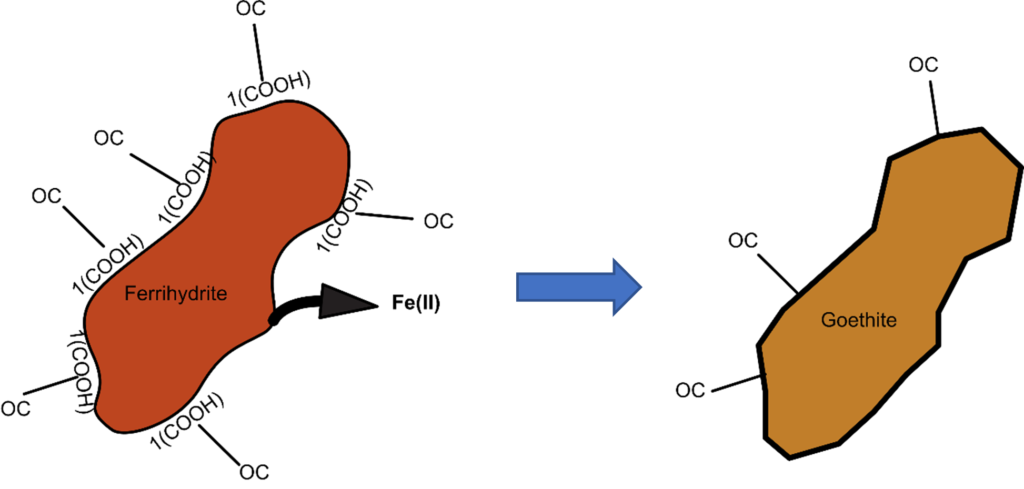
Figure 1- I am currently interested in the fate of organic carbon associated with soil Iron oxide minerals during redox fluctuations.
I am looking forward to taking part in this enviroSPRINT challenge, where I hope to interact with other students developing ideas on practical solutions and policy to enable the improvement of soil carbon stocks.
Envision DTP profile: https://wp.lancs.ac.uk/envision/2020/sam-walrond/
